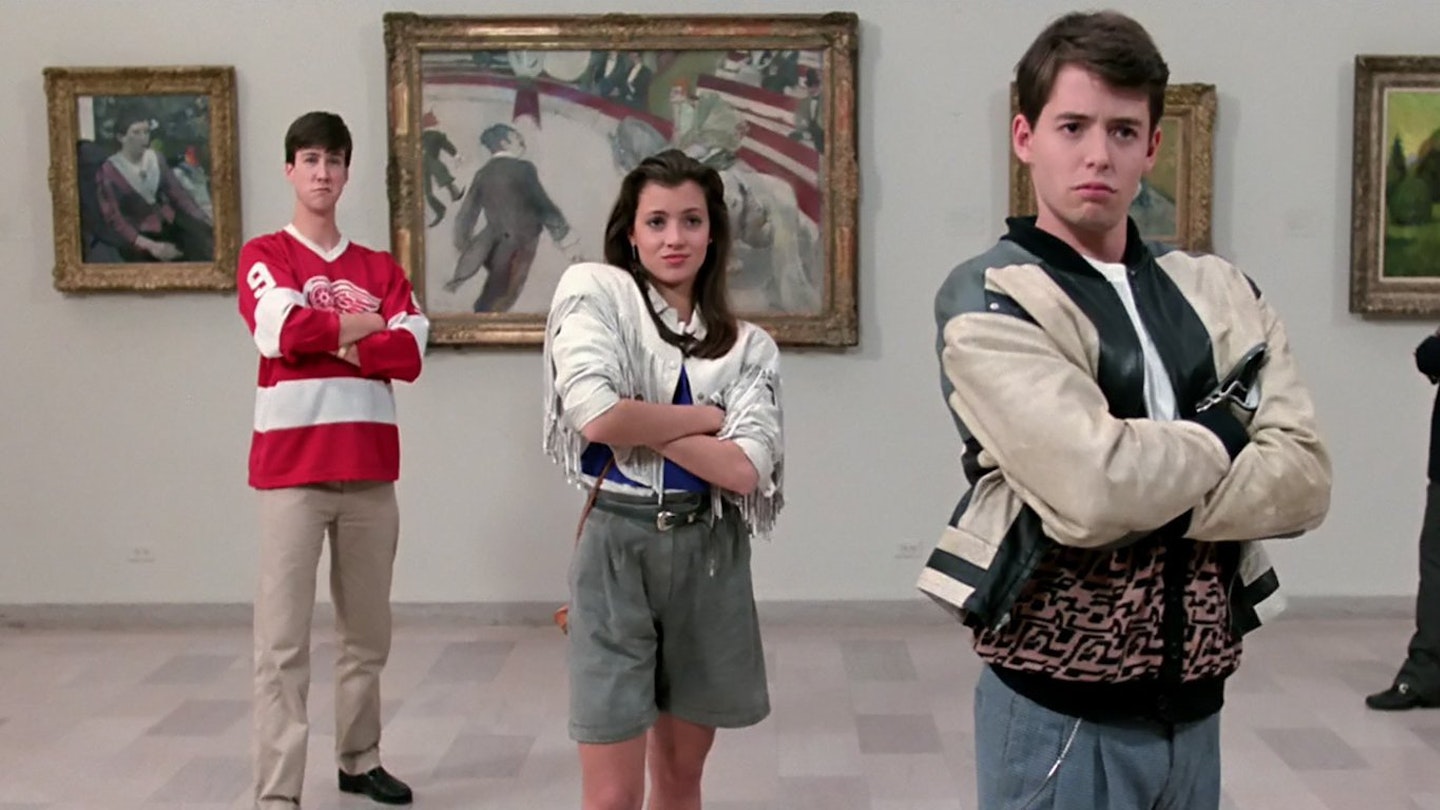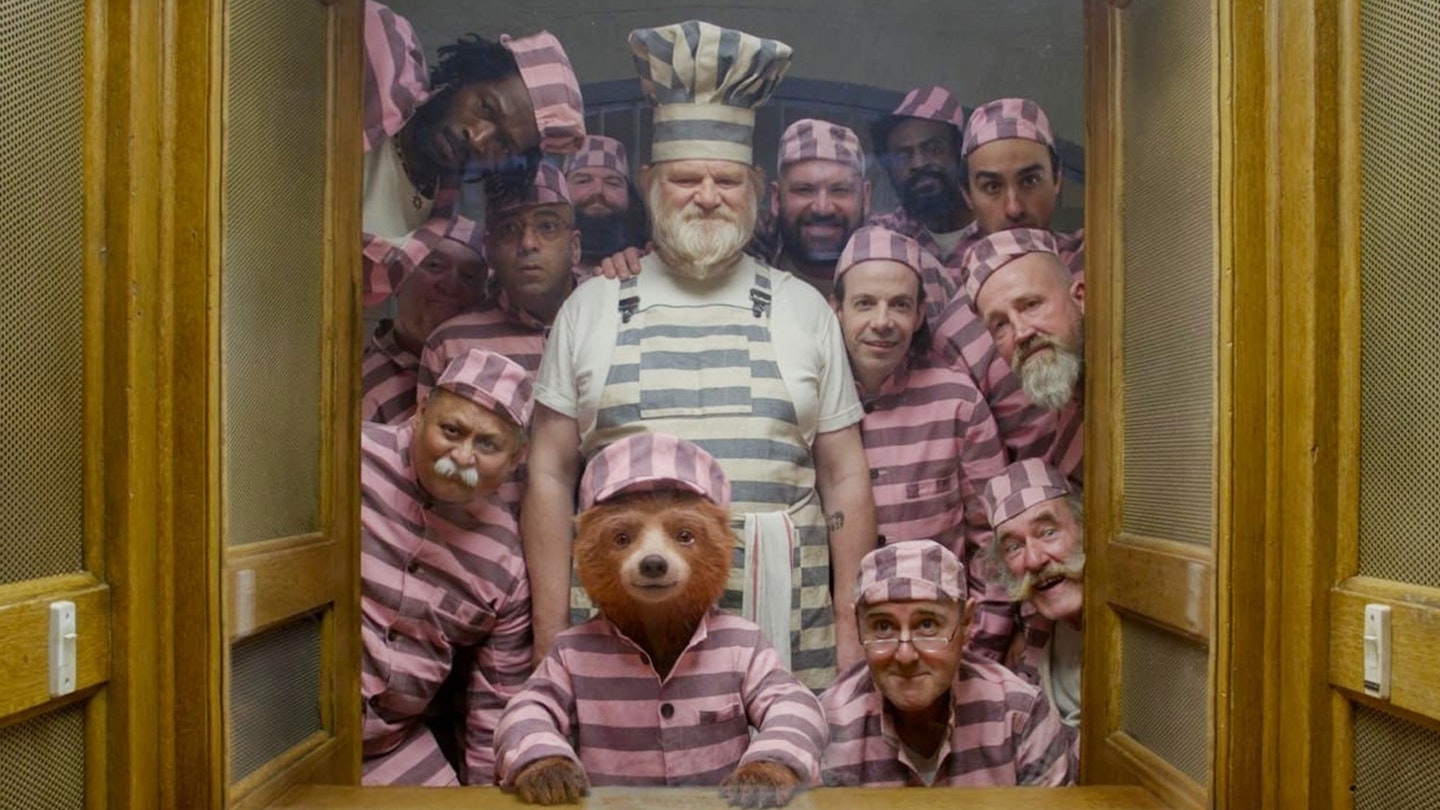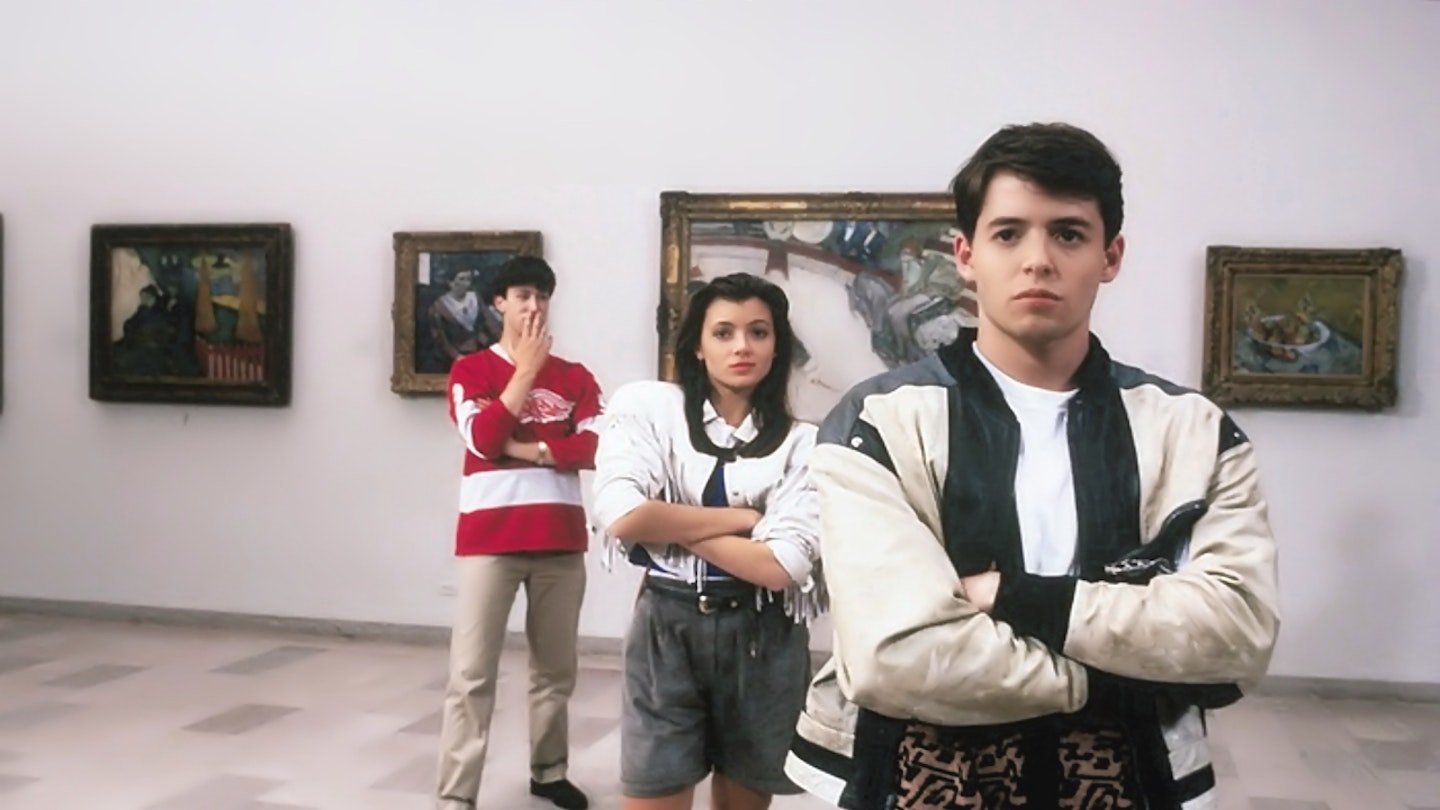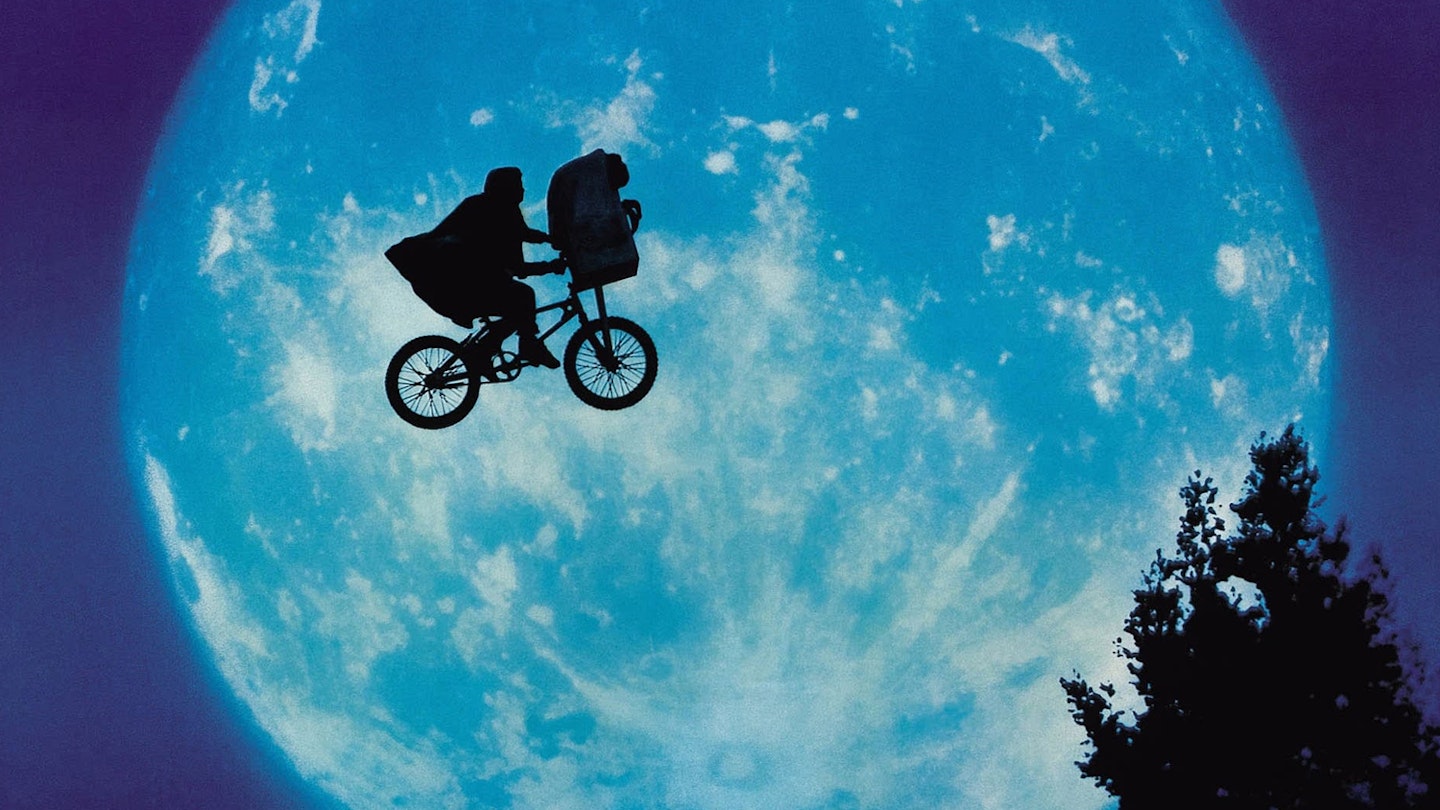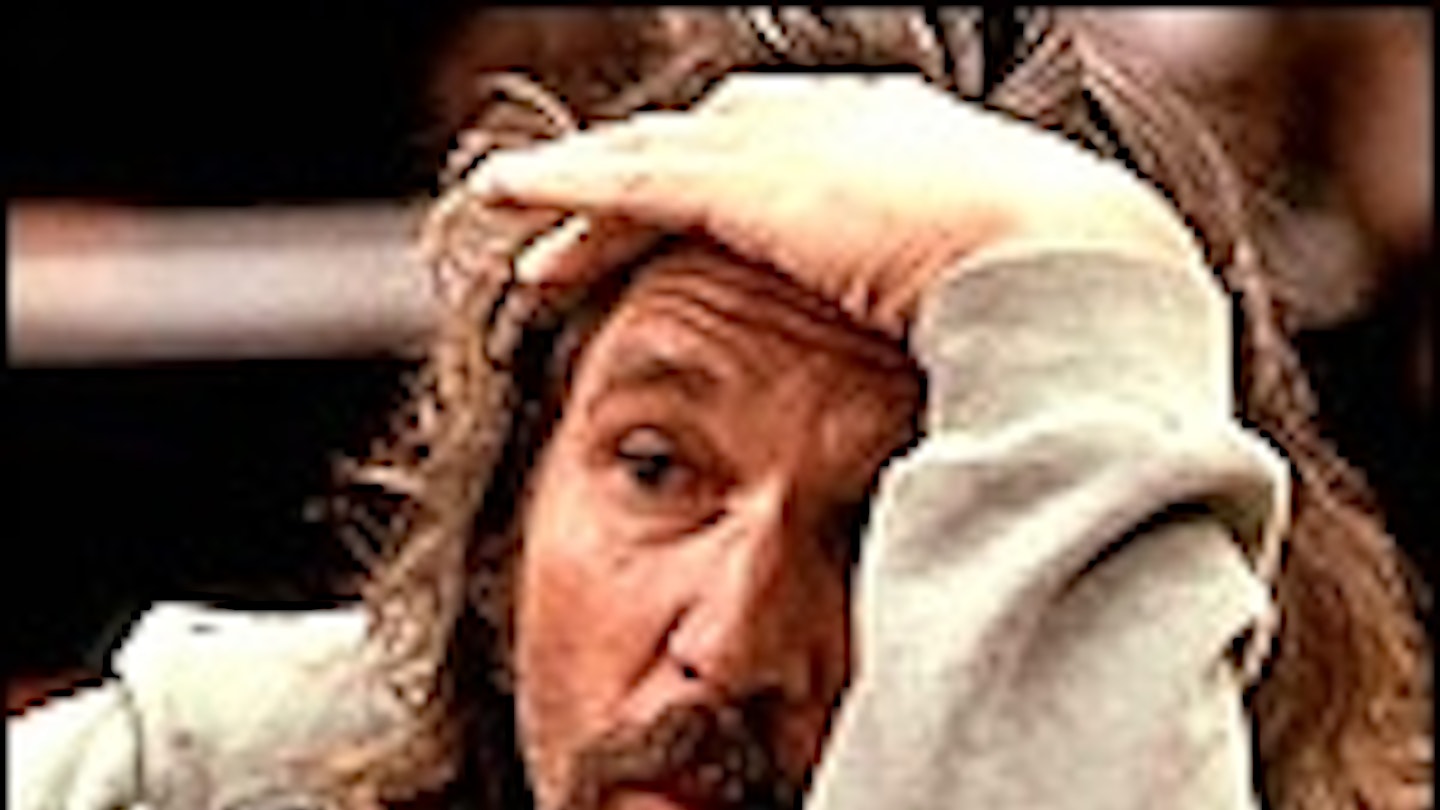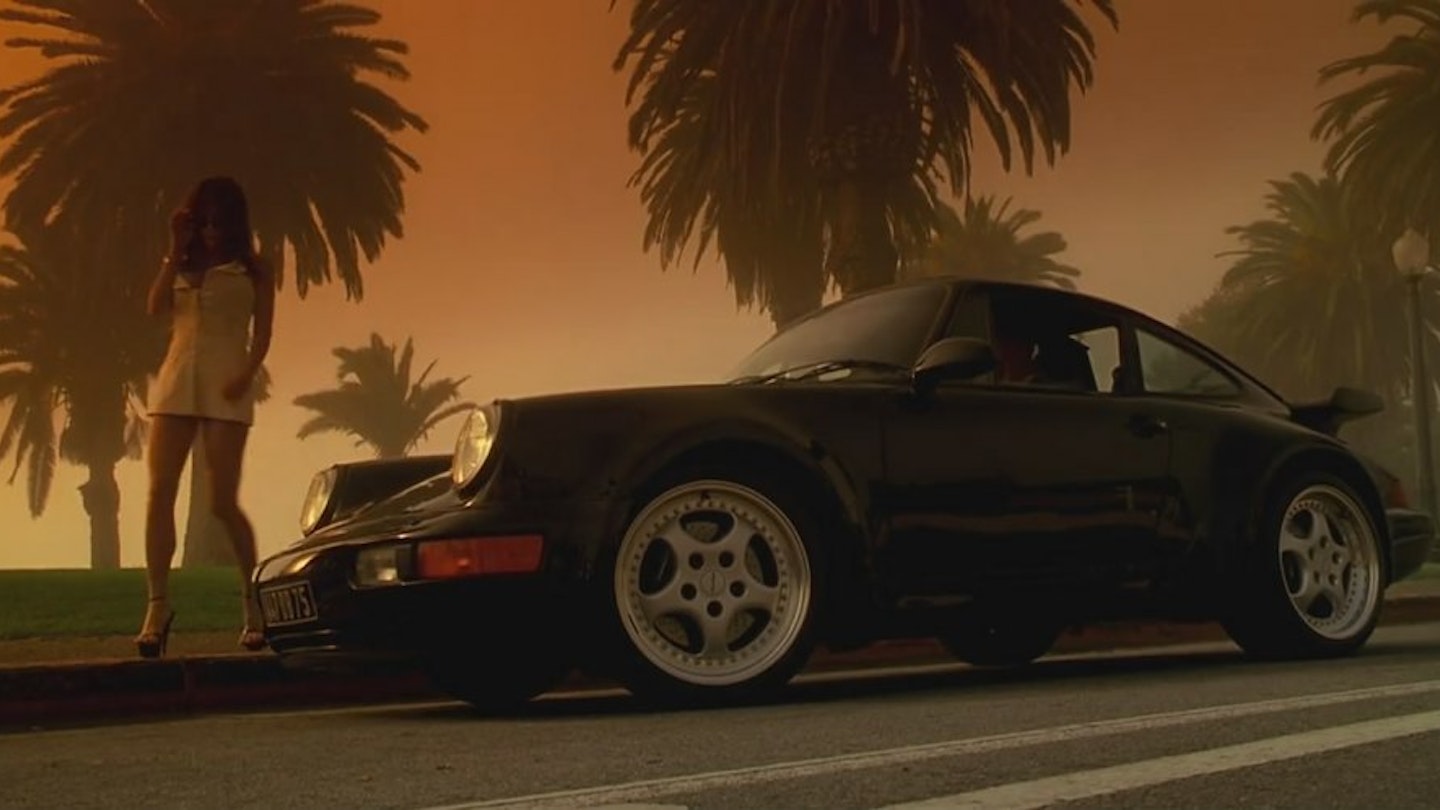"What's amazing about Ferris Bueller," Jeffrey Jones told Empire back in 1998 (after he'd bemoaned the fact that he was likely to be better remembered for his role as nutcase headmaster Ed Rooriey than his Emperor Joseph II in 1984's Amadeus), "is that we're asked to, and do, sympathise with a kid whose only complaint in life is that his sister got a car for her birthday and he got a computer." It is, indeed, a hell of an achievement. Ferris Bueller's Day Off is, in fact, an unadulterated celebration of what it's like to be young white, middle class and well-heeled in mid 80s America. So it should, on paper at least, be an unbearably smug celebration of crass consumerism. Consider: Ferris's idea of a good time is bombing around in a vintage Ferrari; a visit to the Chicago stock exchange followed by lunch in the city's swankiest restaurant ó posh scran for which his method of payment goes
undisclosed. It's also a hymn to capitalism and the advantages offered to a metropolitan teenager. Ken Loach this obviously ain't. Which makes the fact that it's an almost irresistibly likeable, defiantly sunny comedy all the more astounding.
There are those of course who will declare The Breakfast Club as the triumphant apex of John Hughes' teen oeuvre. While the detention flick certainly spoke to its pimply audience with the uncanny, unerring familiarity that Hughes made his own from his directorial debut Sixteen Candles in 1984 (though many previous writing efforts had gone unproduced, most notably his Jaws sequel: Jaws 3 (People 0), in subsequent years its dour adolescent navel-gazing edges alarmingly toward the embarrassing (leading Jay in Kevin Smith's Dogma to acidly remark that it was in essence a movie about stupid kids who agtually show up for detention).
Ferris Bueller however, has aged somewhat better, indeed Hughes seems to have considered it the best of his teen movies, abandoning the genre afterwards in favour of pre-teen laughs with the Home Alone movies and then the significantly less successful infant comedy Baby's Day Out (1994). In charm offensive terms Ferris Bueller's Day Off is the storming of Omaha Beach. At its centre is an astonishing performance from a 24 year-old Matthew Broderick who, with War Games and Ladyhawke was not only rapidly establishing himself as the teen pin-up du jour but as a talented, appealing actor who promised, rightly as it turned out, a shelf life well beyond the standard 15 minutes of adolescent notoriety. It's impossible to conceive of Ferris being played by anybody else (indeed, an attempt to launch a TV spin off with the diminutive Charlie Schlatter now to be seen on daytime TV's Diagnosis
Murder in the lead role crashed and burned despite the presence of a youthful Jennifer Aniston as his sister).
But if Broderick's performance is a gem, it can sometimes detract from the brilliance of the support. Alan Ruck as neurotic best buddy Cameron is a standout (the two had previously worked together extensively on the New York stage). Jeffrey Jones established a career defining character much to his chagrin with crazed high school principal Ed Rooney ('"When Ferris Bueller looks back on the wreck his life has become, he'll remember the name Ed Rooney!") while Jennifer Grey essays terminally pissed-off sister Jean with spiteful aplomb.
Hughes' direction has never been more assured he describes the movie as a love letter to Chicago and, indeed, he uses many of the same locations he's used in previous movies: the expensive houses in Ferris' suburbia were used in She's Having A Baby and the high school is the same abandoned school used in The Breakfast Club. Veteran cinematographer Tak Fujimoto shoots the windy city in gloriously intense, summer colours.
But FBDO has a little more to it than simply delighting in the possibilities of skiving in Chicago. As critic David Thompson has pointed out, there's a slight air of premature middle-age about all of Hughes' characters. Ferris is no exception in fact, he's impossibly wise for the 17 year-old he's meant to be; not least in the speech he gives about approaching the end of adolescence and his friendship with Cameron and about adulthood looming over the horizon. It's certainly implausible that a high schooler would have quite that level of self-awareness, but then Ferris' appeal is his preternatural savvy. And it's an element that deftly underscores the fun with a melancholic poignancy.
No other teen comedy either in the 80s or beyond would serve up such an innocent, generous, upbeat cheerfulness that would become unthinkable during the cynical 90s or in the slew of OOs teen movie homages. Life, as Ferris famously remarks, moves pretty fast. If you don't stop and look around you might miss it. Ferris Bueller is one of the things you should definitely make some time for.
